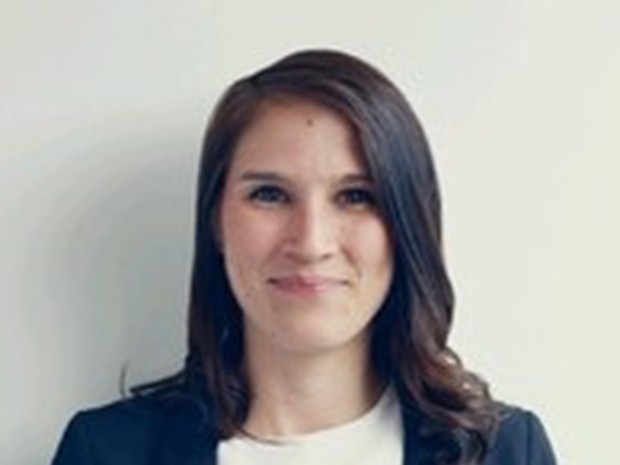When an entity computes its revenue decline for the purposes of the Canada emergency wage subsidy (CEWS), subsection 125.7(4) provides that it must determine its revenue in accordance with its “normal accounting practices” (subject to certain specified exceptions and elections). However, this expression is not defined in the legislation, and the CRA provides no guidance on it. Are there any limitations on what could be considered normal accounting practices? And what happens if an entity changes its normal accounting practices?
CRA document no. 2020-0855831E5 (September 21, 2020) states that, under normal accounting practices, the term “revenue” generally requires the satisfaction of certain performance obligations, such as the sale of goods or the performance of services that would typically result in a corresponding inflow of cash, accounts receivable, or other consideration. This interpretation matches the definition of “revenue” found in section 3400.03(a) of the accounting standards for private enterprises (ASPE). Thus, it appears that the CRA would likely insist that normal accounting practices accord with ASPE or another method of generally accepted accounting principles (GAAP).
Consider the following scenario. When applying for the CEWS, an entity computes its revenue decline using its normal accounting practices. However, on the date that the entity files its CEWS application, its normal accounting practices do not accord with GAAP. The entity subsequently (in the same taxation year) adopts ASPE as its normal accounting practice. For the purposes of reporting its ASPE-adjusted accounting revenue on schedule 125 (Income Statement Information) of its annual income tax return, this change in accounting practice will require the entity to make audit adjusting entries to the periods during which it used the previous accounting practices.
If, under ASPE, the entity did not have a revenue decline for the periods for which it filed CEWS applications, should the eligible entity amend its CEWS claims? Or does the fact that the entity had a revenue decline using its non-GAAP normal accounting practices in place at the time it filed the CEWS applications mean that it does not have to amend its CEWS claims?
The CRA might consider the entity’s normal accounting practices to be ASPE for all CEWS periods during the taxation year in question. Hence, the entity may be required to amend its CEWS claims, since the claim was incorrectly filed pursuant to subsection 125.7(4) because the qualifying revenue was incorrectly determined. A CRA agent’s oral advice was that the entity should amend its CEWS claims, because the revised accounting revenue is the number the entity will report on its tax return, and the CRA may use that number to verify its CEWS claims.
According to the CRA’s guidelines, it will accept any late-filed amended subsidy application that reduces the CEWS claim, regardless of the cause for the adjustment. The entity will then be required to return or repay any part of the CEWS payment claimed in error.
It is important to note that if the entity has never deviated from its non-GAAP normal accounting practices, there is no requirement to amend and refile any prior CEWS claims, nor is the entity required to conform to GAAP for future CEWS claims.
This content originally published in the Canadian Tax Foundations newsletter: Canadian Tax Focus. Republished with permission.



